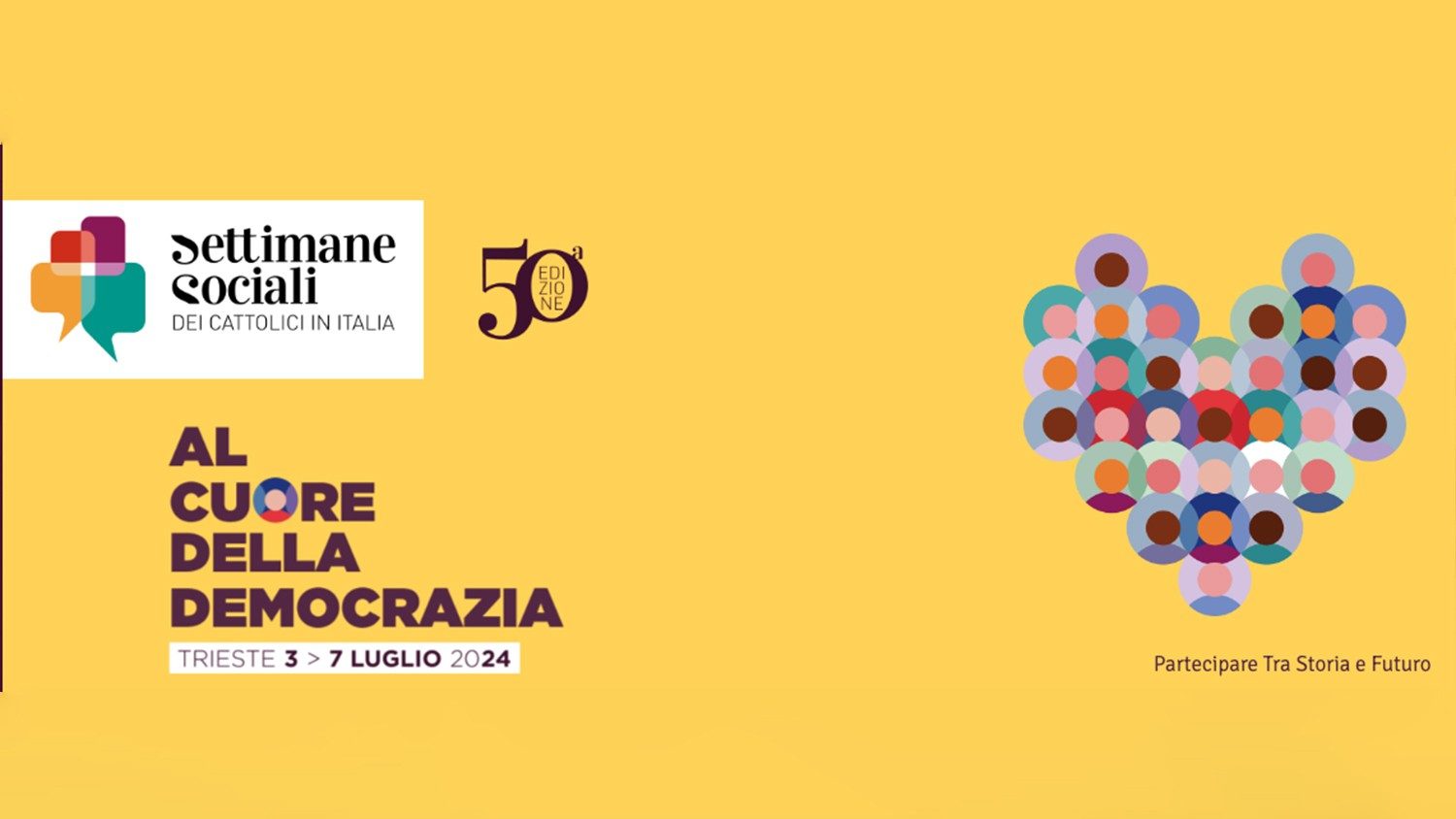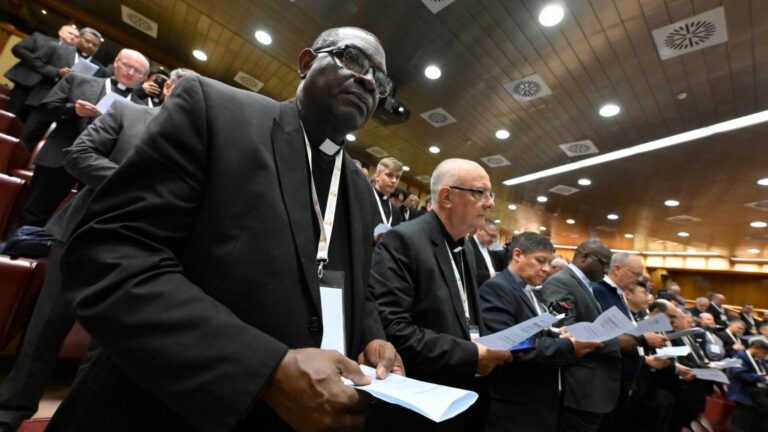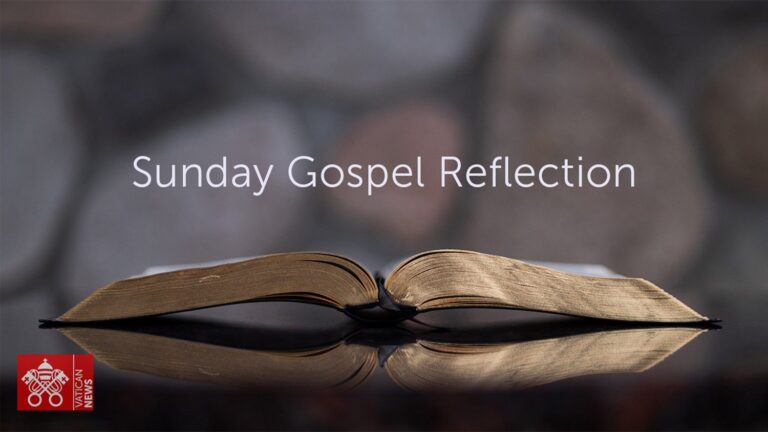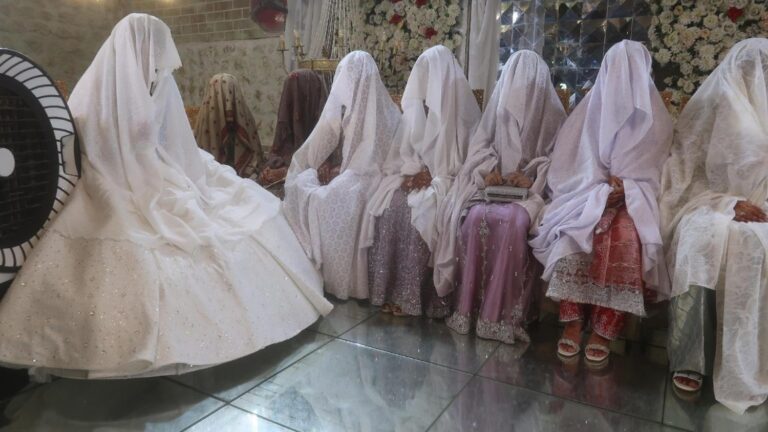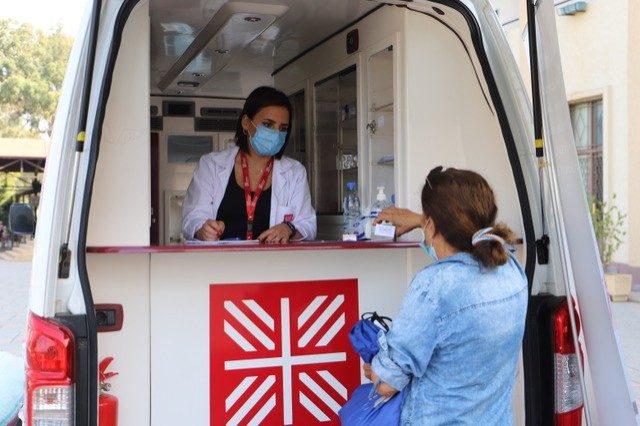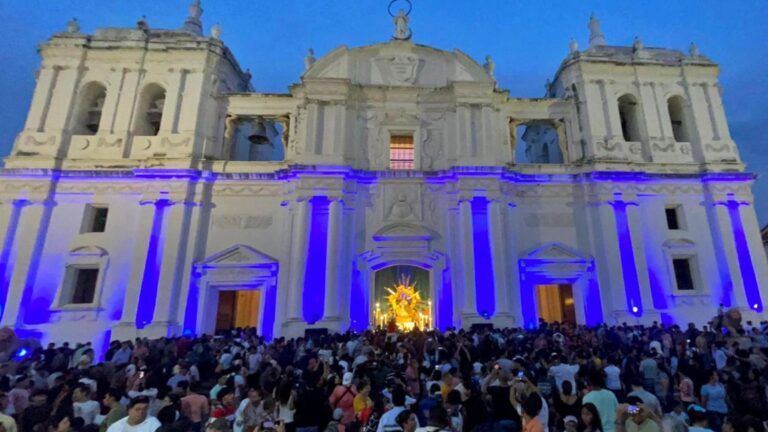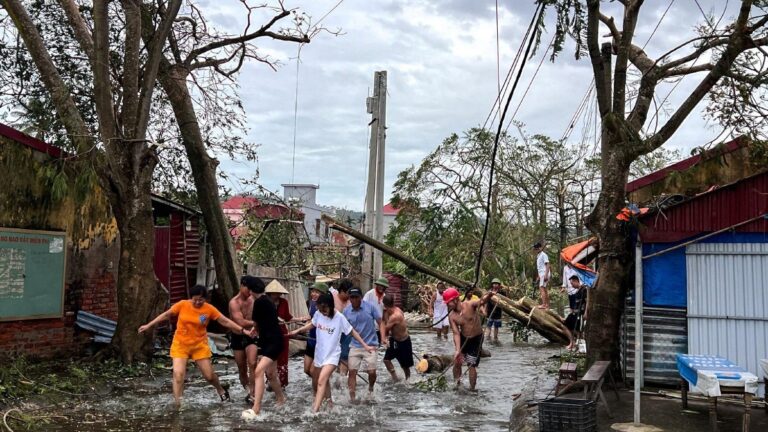Pope: Democracy is working together to solve problems of all
Vatican news
On the occasion of the Pope's visit to Trieste, Sunday 7 July, to conclude the 50th Italian Catholic Social Week, the newspaper “Il Piccolo” has made available an unpublished text by Pope Francis, an introduction to an anthology of speeches and papal messages entitled “At the heart of democracy”.
Pope Francis
I am delighted to offer these words to introduce this text, which the newspaper The little and the Libreria Editrice Vaticana offer to readers on the occasion of my visit to Trieste on the occasion of the Social Weeks.
My presence in Trieste, a city with a strong Central European connotation due to the coexistence of different cultures, religions and ethnic groups, is part of the event that the Italian Episcopal Conference is organising in this city, the Italian Catholic Social Week, dedicated this year to the theme “At the heart of democracy: participation throughout history and towards the future”.
Democracy, as we all know, is a term that originated in ancient Greece to indicate the power exercised by the people through their representatives. A form of government that, although it has spread worldwide in recent decades, seems to suffer from the consequences of a dangerous disease, that of “democratic skepticism”. The difficulty of democracies in facing the complexities of the present time – think of the problems related to unemployment or the overwhelming technocratic paradigm – sometimes seems to yield to the attraction of populism. Democracy has in itself a great and indisputable value: that of being “together”, since the exercise of government takes place within the framework of a community that freely and secularly confronts itself in the art of the common good, which is nothing other than another name for what we call politics.
“Together” is synonymous with “participation”. Don Lorenzo Milani and his students already emphasized this in the masterly “Letter to a Master”: “I have learned that the problems of others are the same as mine. To get out of them together is politics. To get out of them alone is greed.” Yes, the problems that confront us are those of all and they concern us all. The democratic way consists in discussing them together and in knowing that only together can these problems find a solution. Because in a community like the human community, we do not save ourselves. die your life mea (“Your death is my life”, editor's note). On the contrary. Even microbiology suggests to us that humans are structurally open to the dimension of otherness and to the encounter with a “you” that stands before us. Giuseppe Toniolo himself, the inspirer and founder of the Social Week, was an economics specialist who understood very well the limits of homo economicusthat is to say, of this anthropological vision based on “materialist utilitarianism”, as he called it, which atomizes the person, amputating his relational dimension.
Thinking today about what the “heart” of democracy means, I would like to say: together is better because alone is worse. Together is good because alone is sad. Together means that one plus one does not make two, but three, because participation and cooperation create what economists call added value, that is, that positive and almost concrete feeling of solidarity that arises from sharing and advancing, for example in the public sphere, issues on which it is possible to find convergence.
It is in the word “participate” that we find the authentic meaning of what democracy is, of what it means to go to the heart of a democratic system. In a state or dirigiste regime, no one participates, everyone watches, passively. Democracy, on the contrary, requires participation, making one's own efforts, risking confrontation, questioning one's own ideals, one's own reasons. Taking risks. But risk is the fertile ground where freedom germinates. On the other hand, staying at the window, lazily watching what is happening around us, is not only ethically unacceptable, but also, even from a selfish point of view, neither wise nor convenient.
There are so many social issues on which we are called to engage democratically: let us think of an intelligent and creative welcome of migrants, which cooperates and integrates, a phenomenon that Trieste knows well because it is close to the so-called Balkan route; let us think of the demographic winter that is now hitting the whole of Italy in a general way, and some regions in particular; let us think of the choice of authentic policies of peace, which put first the art of negotiation and not the choice of rearmament. In short: let us consider the care for others that Jesus continually indicates to us in the Gospel as the authentic attitude of the human being.
From Trieste, a city open to the Mediterranean Sea, a melting pot of different cultures, religions and peoples, a metaphor for that human fraternity to which we aspire in these times darkened by war, may arise a more convinced commitment to a fully participatory democratic life aimed at the true common good.
Vatican news
sc
